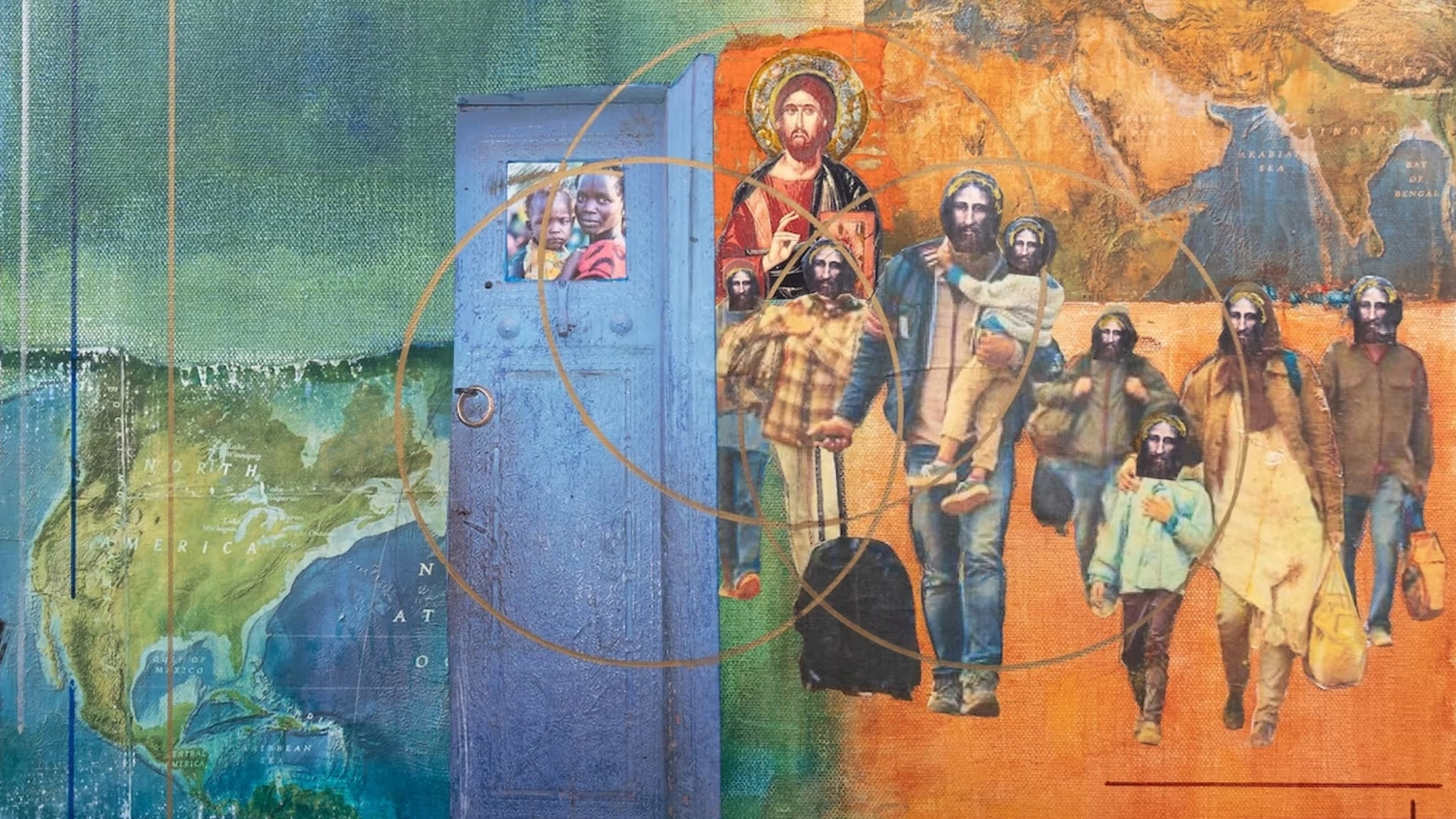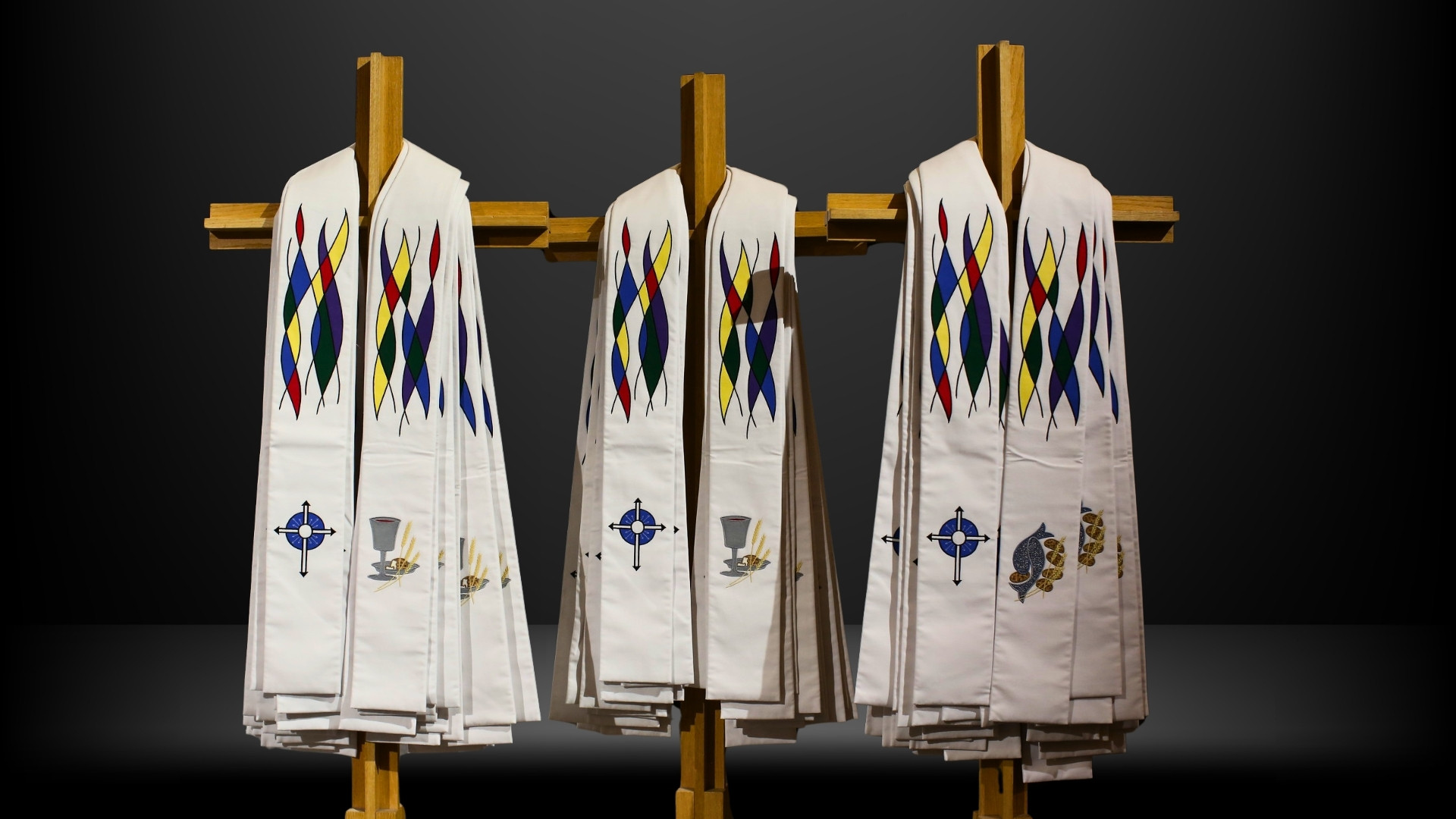
Pastoring through the Unimaginable
Tragedy, Loss, and the Church’s Holy Ministry of Presence
by Mike Mirakian | January 23, 2019
It’s never easy, but sometimes it’s really hard.
Death cuts, tears, and leaves us full of emptiness, even when it’s expected. And when death arrives unannounced, its sorrow can feel unbearable and shatter even a faith filled heart. A child’s death. A suicide. A car accident. A violent crime.
All funerals and memorial services are hard in their own way. Loved ones cry, friends struggle to speak suitable words, and family members hold up the best they can under the weight of sorrow. Every funeral hurts.
But some burn.
Several years ago I led a service for a man who took his own life. He had struggled with addiction and depression, and he didn’t receive the right help when he needed it most. His final gesture was to leave a note blaming his family. How do we make sense of such an act?
At some point in the aftermath of a tragic loss, the question hits home. We ask it when we hear third-hand about a terrible thing that has happened to someone we never knew, and we ask it when grief crashes into our own home. We join all humanity in the grand interrogation of philosophy and faith, asking, “Why?”
It is the right question to ask as our souls cry out for answers, plead for reasons, and long for some sense to be made of pain and sorrow.
“Why?” is the right question, but sometimes there is no right answer because some things are simply wrong. A child should not die in her mother’s arms. A teenager should not succumb to cancer. A family should not be killed by a drunk driver. We need to acknowledge the wrongness and not try to cover it over with feel-good psychology or shallow theology.
Sometimes our hearts need to break and our souls need to cry out. Healing can come through the silence of unanswered questions. When we can’t answer our own uncertainties, the Spirit “intercedes for us through wordless groans” (Romans 8:26).
The hardest part of officiating a funeral is seeing the faces of grief.
I have officiated dozens of funerals. Yes, they all hurt, but the hard ones really take a toll. Pastors feel the weight of sorrow as they walk closely with those who mourn. That comes with the calling, and good ministry brings suffering. Even when it’s not my loss, it still feels like pain.
The hardest part of officiating a funeral for me is seeing the faces of grief—standing before the deep sorrow and pain of the loved ones seated in the front row.
So we turn to the well-worn words of Scripture and liturgy. We may feel tempted to say that there are no words to express sorrow or outrage in the face of a tragic loss, but that is exactly when the words of Scripture must be spoken and heard. God’s truth brings healing as it seeps down to the root system of our hearts. We need to speak these words of hope.
To some degree, every funeral sounds the same, and to some degree, that’s how it should be. We sing familiar hymns that comfort and share old stories that soothe. We read God’s promises and rejoice in the hope of resurrection. We say those things that are said at a funeral, long-trusted phrases that fit because they have been crafted through the generations for moments like this, even unspeakable moments of unimaginable pain.
I always begin with words from the Covenant Book of Worship: “We are gathered here to worship God and bear witness to the resurrection….We come together in our grief, seeking God’s comfort. May God grant us grace through Jesus Christ, that in pain we may find comfort, in sorrow we may know peace, and in death we may have hope in the resurrection.”
No matter if the service is for a ninety-five-year-old saint who departed in peace or for a child suddenly torn from her family, these words invite those who mourn into the hope and comfort of Jesus Christ.
The same goes for Scripture, of course. What we struggle to explain or express, God’s word can speak into the hearts of those in need. The living word offers the hope of life even in times of death—Psalm 23, John 14, Romans 8, 1 Peter 1, Revelation 21. God’s truth always fits the moment.
Followers of Jesus do not mourn like the world. We have hope. We believe in the risen Savior and in the promise of resurrection. Our good news holds true even in the face of tragedy and devastating loss—perhaps it is most true in these moments. The promise of resurrection through Jesus anchors our souls and shapes the words we speak to those who mourn because it remains the only power that can overcome death.
For us, mourning involves the church family. Their response to tragedy and loss reflects the depth of their love and spiritual maturity. It’s one thing to mourn for a parent or sibling, but to mourn on behalf of a brother or sister in Christ reveals the true nature of Christian fellowship.
When crisis hits, a loving church family springs into action. Phone calls. Personal visits. Meals delivered. Prayers. Hugs. Tears. Some churches have organized ministries to care for people in need with trainings and checklists and routines that ensure that everyone receives appropriate attention and compassion. These ministries matter and make a difference, particularly in larger church settings where no one person or pastor can keep track of every need.
In some cases, like with the death of a young person or an act of violence, the church needs time to mourn together. Setting aside part of a Sunday worship service to remember and pray can help even those who didn’t know the deceased to share in the burden of sorrow. Death, especially when untimely and tragic, shapes our view of life. Everyone needs time for sorrow to settle into our souls so we can then taste anew the hope we share in Christ.
The city I serve was recently shocked by an unthinkable act of violence. A father murdered his children and took his own life. People all over town grieved for these two boys, classmates of my own children. Even those who didn’t know them personally felt the pain. Things like this should not happen, and we grieve not only for the loss of a friend or acquaintance but also for damage done to our sense of rightness, for the loss of innocence that this broken world offers far too little of.
My family attended the visitation where a strong but shattered mother greeted hundreds of people trying to make sense of the senseless and trying to find comfort in a gathering of the grief-stricken. It was heartbreaking and holy.
Questions remain. Sorrow persists. Loss produces deep scars. Walking through the valley of the shadow of death invites us to cry out to the God who never leaves us. Through these dark moments, Jesus asks his church to love deeply, calls pastors to care selflessly, and sends the Spirit to comfort those who mourn.

About the Author
Mike Mirakian lives in Rockford, Illinois, with his family and their fluffy dog, Blaze. He serves as pastor of Broadway Covenant Church.













